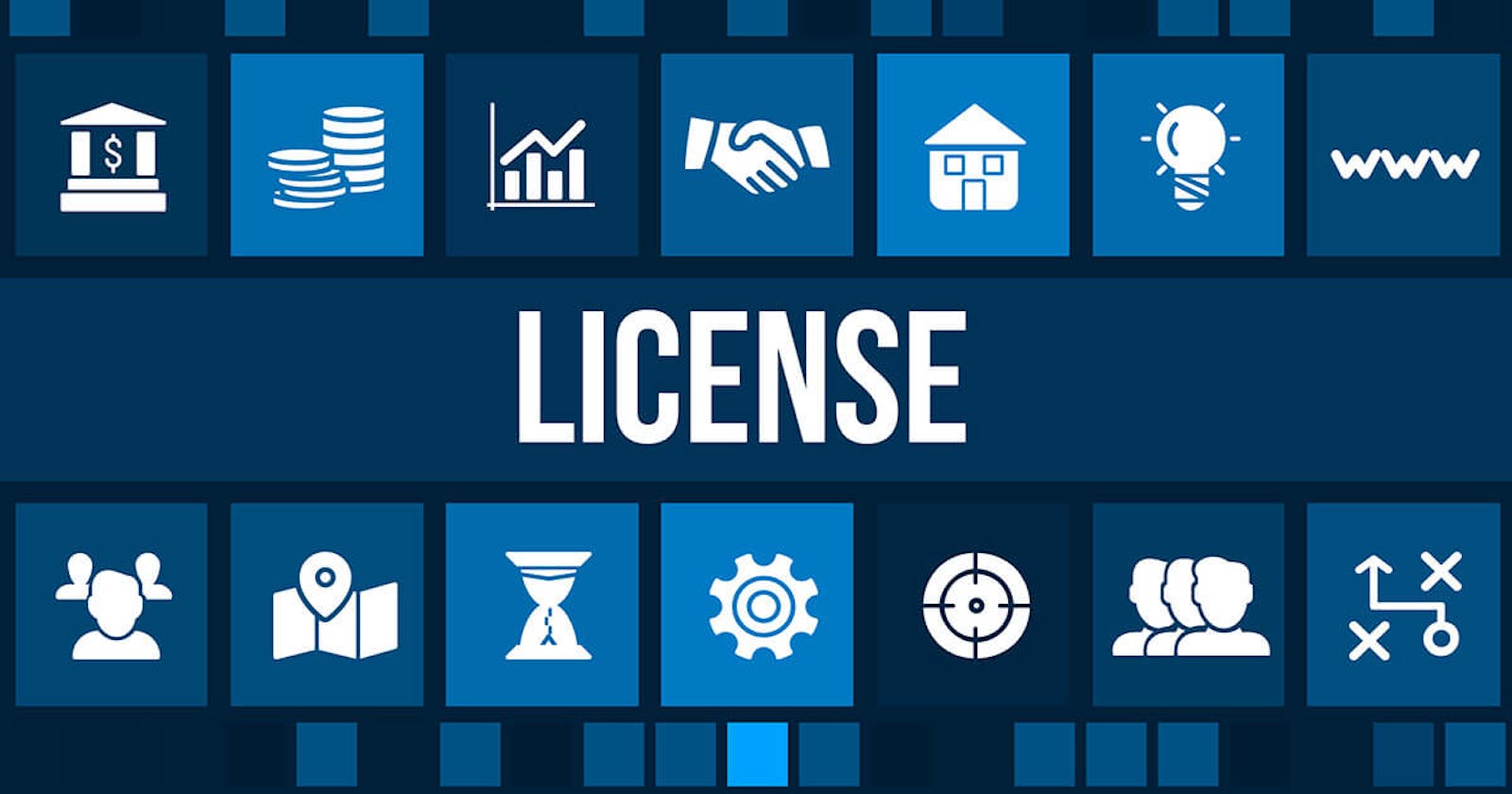Table of contents
Introduction
Hey there, fellow developers! Open-source software has become the backbone of modern development, enabling us to build on the collective knowledge and efforts of the global developer community. However, navigating the legal landscape of open-source licenses can be like a maze. In this blog, we'll cut through the jargon and get straight to the point on open-source licenses and the legal considerations you need to know.
Understanding the Licenses
Open source, at its essence, entails making the source code of a software project accessible to everyone, granting them the freedom to examine, employ, adapt, and share it. However, it's essential to recognize that it doesn't follow a universal, one-size-fits-all approach.
Open source licenses exhibit diverse characteristics, each accompanied by its unique set of regulations and responsibilities.
MIT License: Think of this as the "do whatever you want" license. You can use, modify, and distribute the code as long as you include the original MIT license and copyright notice. It's incredibly permissive.
GNU General Public License (GPL): This one has a bit more teeth. If you use GPL-licensed code in your project, your project must also be open source under the GPL. Be cautious, as it can impact the commercial viability of your software.
Apache License: Apache is business-friendly. It allows you to use and modify the code but requires you to provide attribution and share any modifications you make. It's often used in projects with corporate backing.
BSD Licenses: Like MIT, these licenses are very permissive, but some variants require you to acknowledge the use of the code in your product's documentation or advertising.
Unlicense: As the name suggests, this license essentially releases code into the public domain. No strings attached. Use it freely.
Legal Considerations
License Compatibility: Mixing code with incompatible licenses can be a legal minefield. Be sure that the licenses of the libraries you're using in your project are compatible.
Obligations: Understand what the license requires of you. Some may demand that you disclose your source code if you distribute the software.
Attribution: Most licenses require you to give credit to the original authors. Don't forget this step, or you might find yourself in legal trouble.
Keep Records: Document your use of open-source components. It helps in case you need to prove compliance later.
Consult a Lawyer: If your project is large, complex, or commercial, it's wise to consult a legal expert who specializes in open-source licensing.
Conclusion
Open source wields significant influence within the development realm, but it carries with it legal obligations. Especially for developers, it's crucial to proceed with caution, balancing innovation with adherence to open-source licenses. Through a thorough grasp of these licenses and adherence to best practices, you can leverage the collective intelligence of the open-source community while maintaining legal compliance.
We hope that you would have found this article helpful. If yes, then do read some of our other works too! For more such amazing content, make sure to visit our Website here.
LET'S TAKE YOU FORWARD :)
